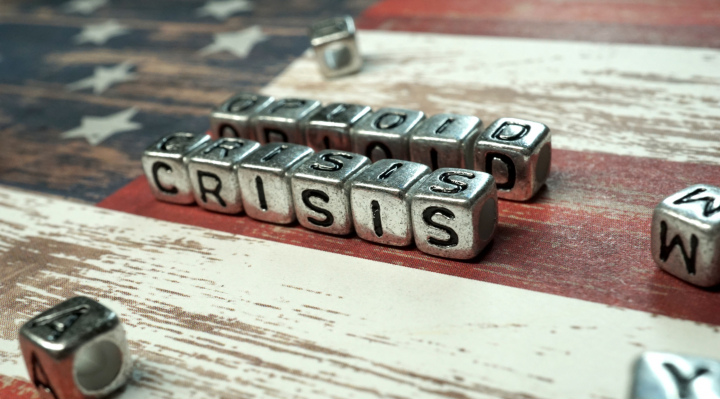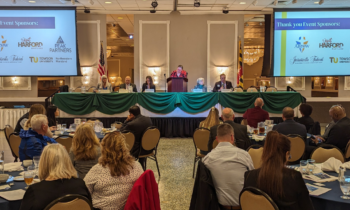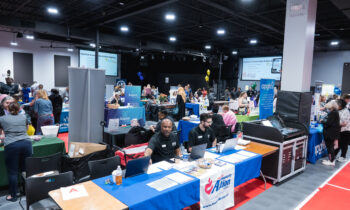Three organizations from Harford County received nearly $420,000 in state funding to continue fighting the opioid epidemic in fiscal year 2022.
The nonprofit Addiction Connections Resource received $129,052 to help connect individuals with treatment and recovery resources.
The Klein Family Harford Crisis Center received $126,811 to provide trauma-informed care to those who are at risk of, or are experiencing, a behavioral health crisis.
Harford County’s Department of Community Services received $161,112, which will be used for certified peer recovery specialists to support Harford’s 24/7 mobile crisis team and 1-800-Next-Step hotline, and to provide support for emergency services’ overdose response cases.
According to the Maryland Opioid Operational Command Center, COVID-19 and its repercussions of unemployment, isolation, interrupted treatment and recovery meetings, stress, grief, and depression were major contributing factors to a 18.7% increase in overdoses statewide and a 12.7% increase in the central region in 2020. Harford County’s increase was 1.4%, the lowest among the “Big 7” Maryland counties.
“We don’t always know when individuals with substance use disorder may be open to treatment before the grip of addiction takes control again,” County Executive Barry Glassman said. “Together with our community partners, we are working to make help available whenever and wherever someone might turn. I would like to thank the Maryland Opioid Operational Command Center and Gov. Hogan for this funding to continue our lifesaving efforts.”
Peers in recovery
A peer recovery specialist is an individual in recovery who uses their personal experience with addiction to help others. Harford County Community Services has trained 130 peers to work directly with individuals with substance use disorder, help coordinate treatment resources, facilitate support groups, and encourage and inspire individuals on their recovery journey. As mentors for successful long-term recovery, peers offer hope to individuals who do not believe recovery is possible for them. Since the program began in 2020, 137 individuals who have suffered an overdose have been referred to the peers with the mobile crisis team. They have successfully connected 98% of those individuals to one or more services including counseling and treatment.
Peers are also imbedded at the health department, hospital, and detention center. Through partnerships established by Community Services’ Overdose Response Initiative, peers have been expanded further to locations where food and rental assistance are provided.




